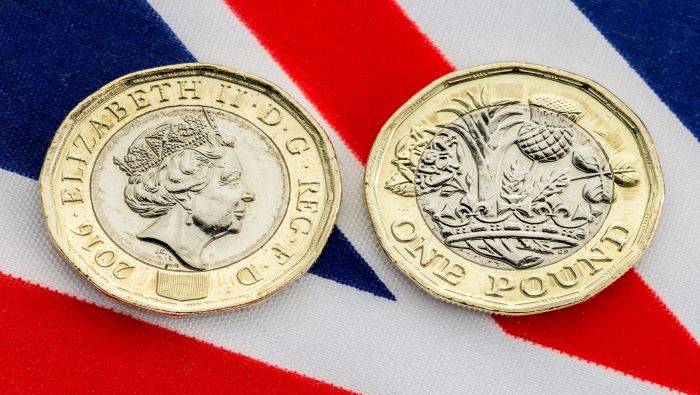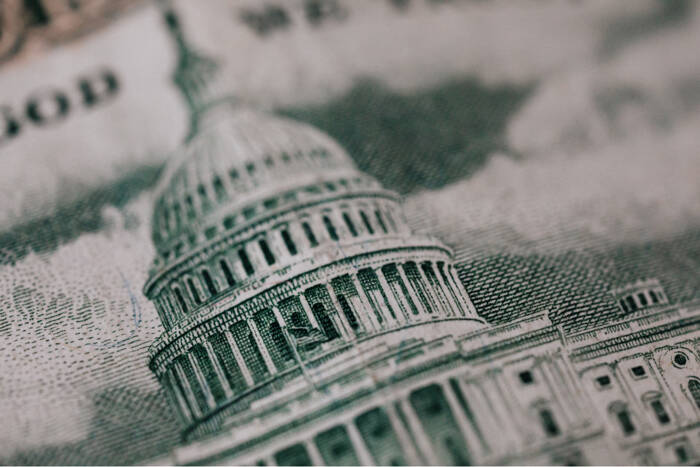COVID-19 management is critical to the short-term recovery outlook. Meanwhile, Standard Chartered analysts maintain a positive tactical bias on IDR based on UST yield stability, manageable external balance, and BI policy stabilisation.
“Due to a rise of COVID-19 cases, we just decreased our 2021 GDP growth prediction to 4.1 percent from 4.5 percent.” As new covid cases hit a new high, the government increased mobility restrictions in Java and Bali, putting a strain on the health system; we estimate that every one-month period of restrictions might reduce GDP growth by 0.5 percentage points.”
“Vaccination coverage has been increased to 1 million doses per day; at this rate, herd immunity could be achieved in 2022 (rather than the government’s goal of end-2021).” The important variable will be vaccine supply.”
“Policy rate rises of 25 basis points are expected in Q4-2022 and Q1-2023; reserve requirement ratio (RRR) hikes of 150 basis points are expected in H1-2022. Low inflation and a negative output gap should allow BI to progressively normalize policy and align it with Fed policy.
“Despite greater health and social spending, the government’s budget deficit for 2021 remained at 5.7 percent of GDP. As the government aims for a deficit of less than 3% of GDP in 2023, fiscal austerity is expected to continue.”
“We retain our year-end USD-IDR projection at 14,600, with a tactical positive view on the IDR. On improved global demand, a structural growth in value-added exports, and higher commodity prices, we project the C/A deficit to remain low in 2021, at 0.9 percent of GDP.”/n





